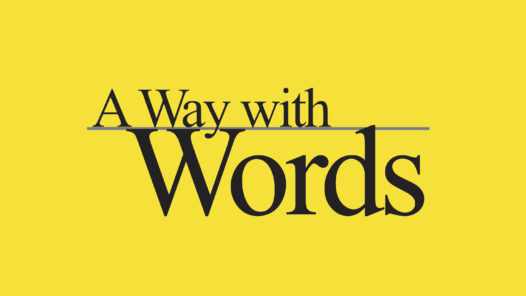Some people proudly embrace the label cancer survivor, while others feel that’s not quite the right word. Is there a better term for someone who’s battled cancer? Writers and listeners share the best sentence they’ve read all day...
What do we mean by the expression “not to mince words”? The New York Times’ Paul Krugman often uses this idiom meaning “to be straightforward and blunt.” The verb mince means “to make small,” and is a...
Did you miss our recent brand-new episode in which we talked about the game rock-paper-scissors, Band-Aids vs. plasters, Yiddish proverbs, jonesing, and more? Listen to it on our website or download the MP3. We aired a rebroadcast last weekend...
When President Barack Obama had the Oval Office redecorated in soft browns and beige, The New York Times headline read: “The Audacity of Taupe.” The hosts discuss how puns work, and what makes them clever. Martha recommends John...
Ben Schott’s language blog Schott’s Vocab on the New York Times website held a contest for modern age greeting cards called Get Web Soon. Among the favorites: “Heartfelt condolences on the loss of your data” and...
Is the phrase whether or not redundant? Well, take this sentence: “Whether or not you like it, Martha is dressing as a ballerina.” Would that sound right without the or not? Now, the or not is technically redundant, but depending on the...







